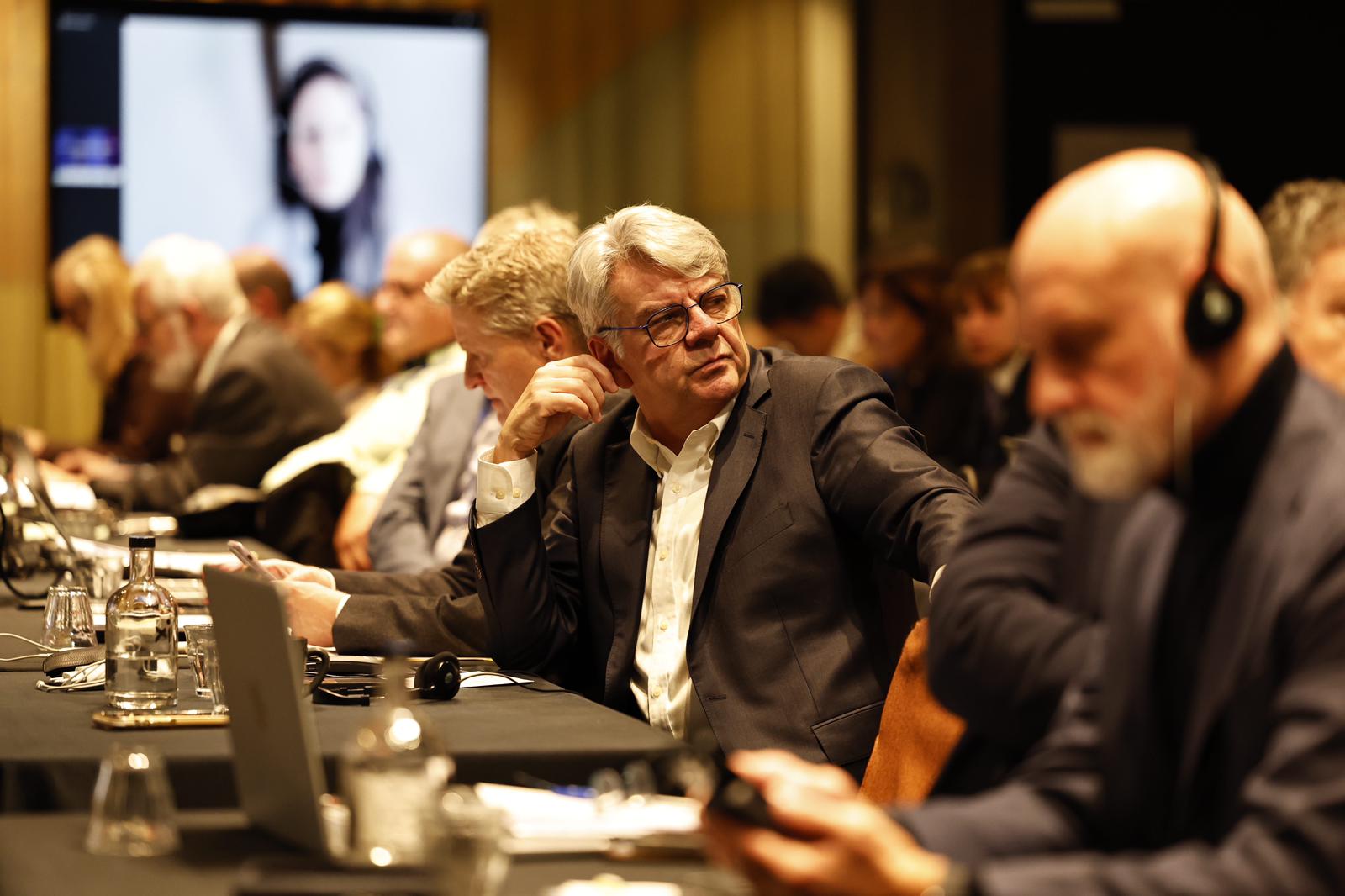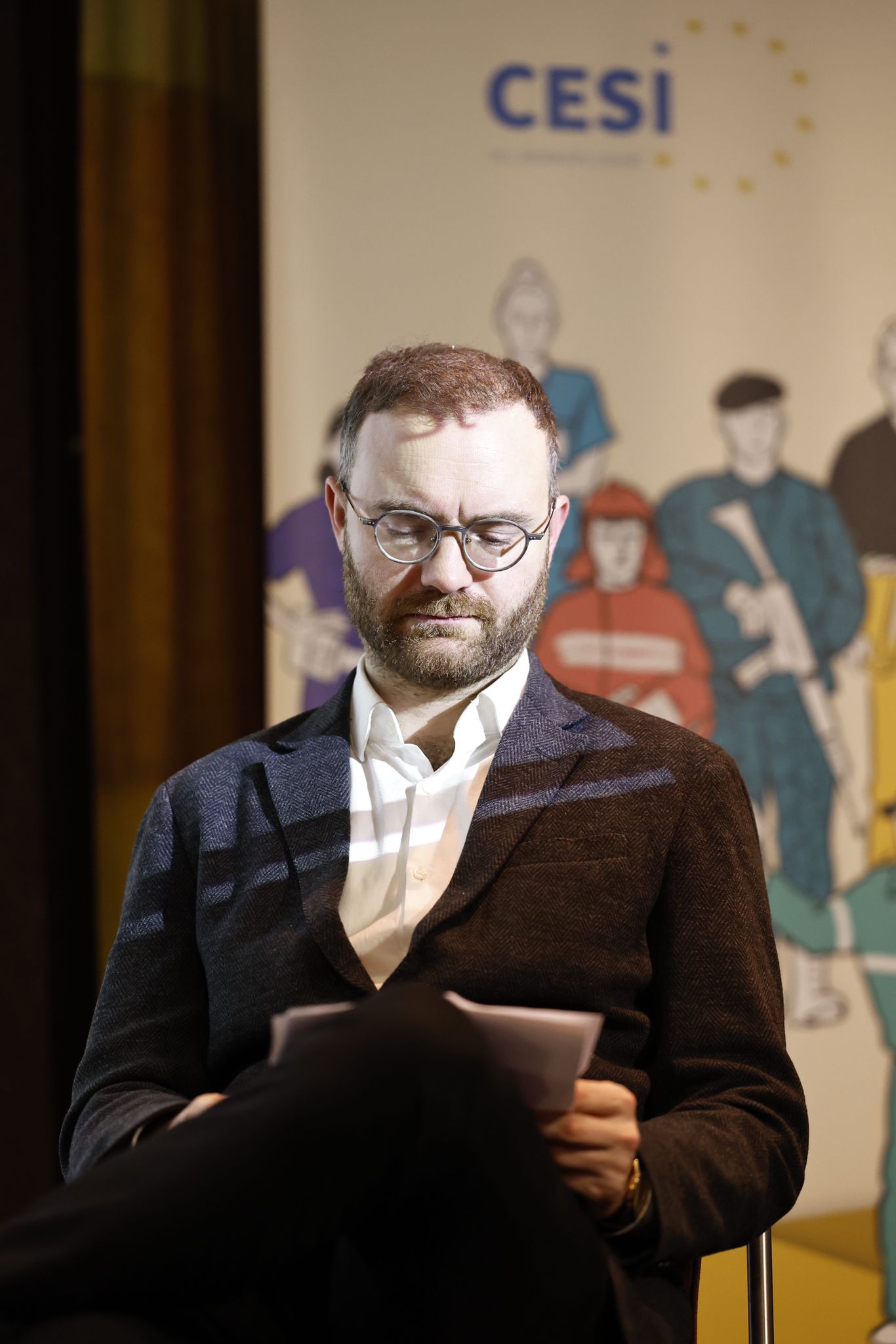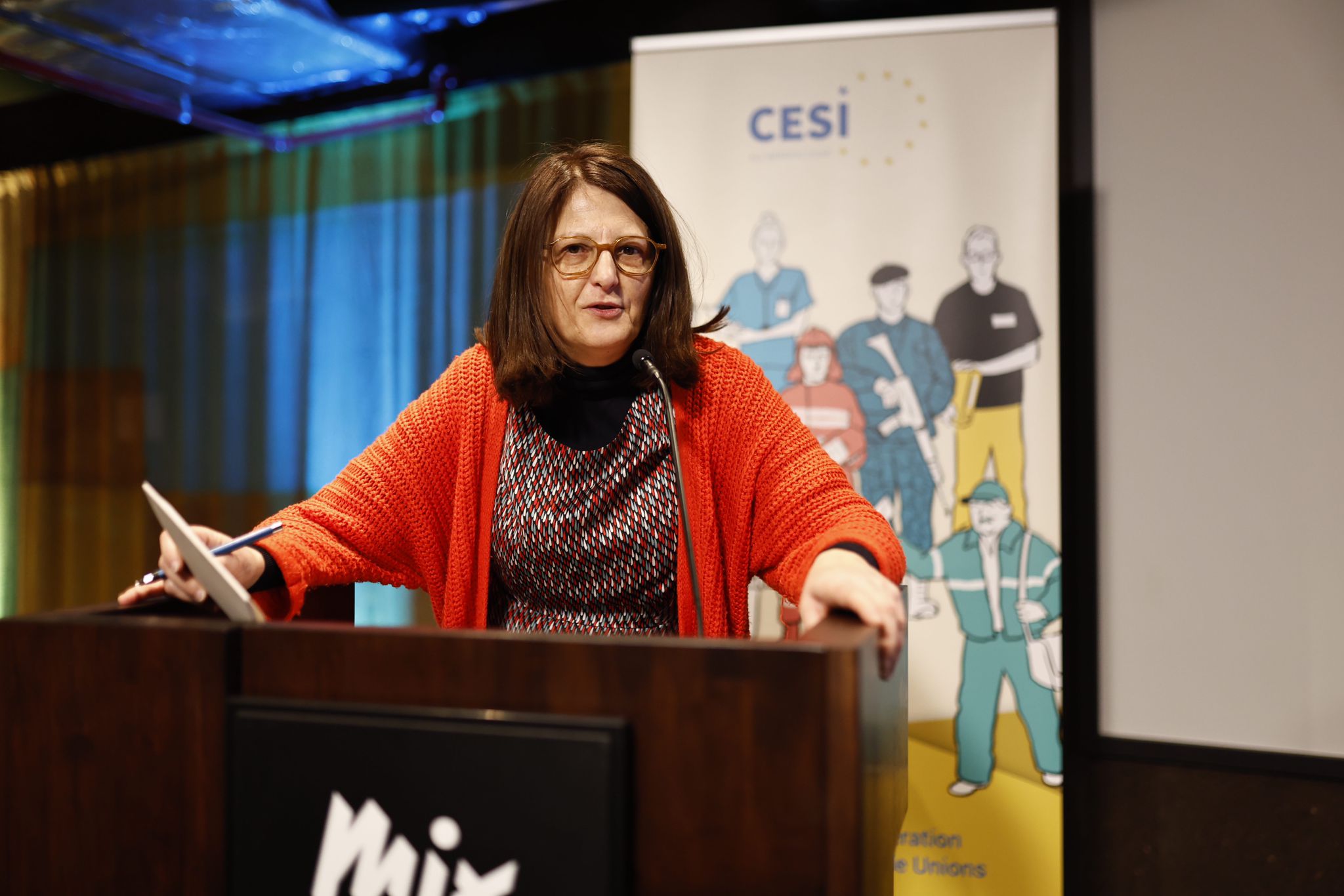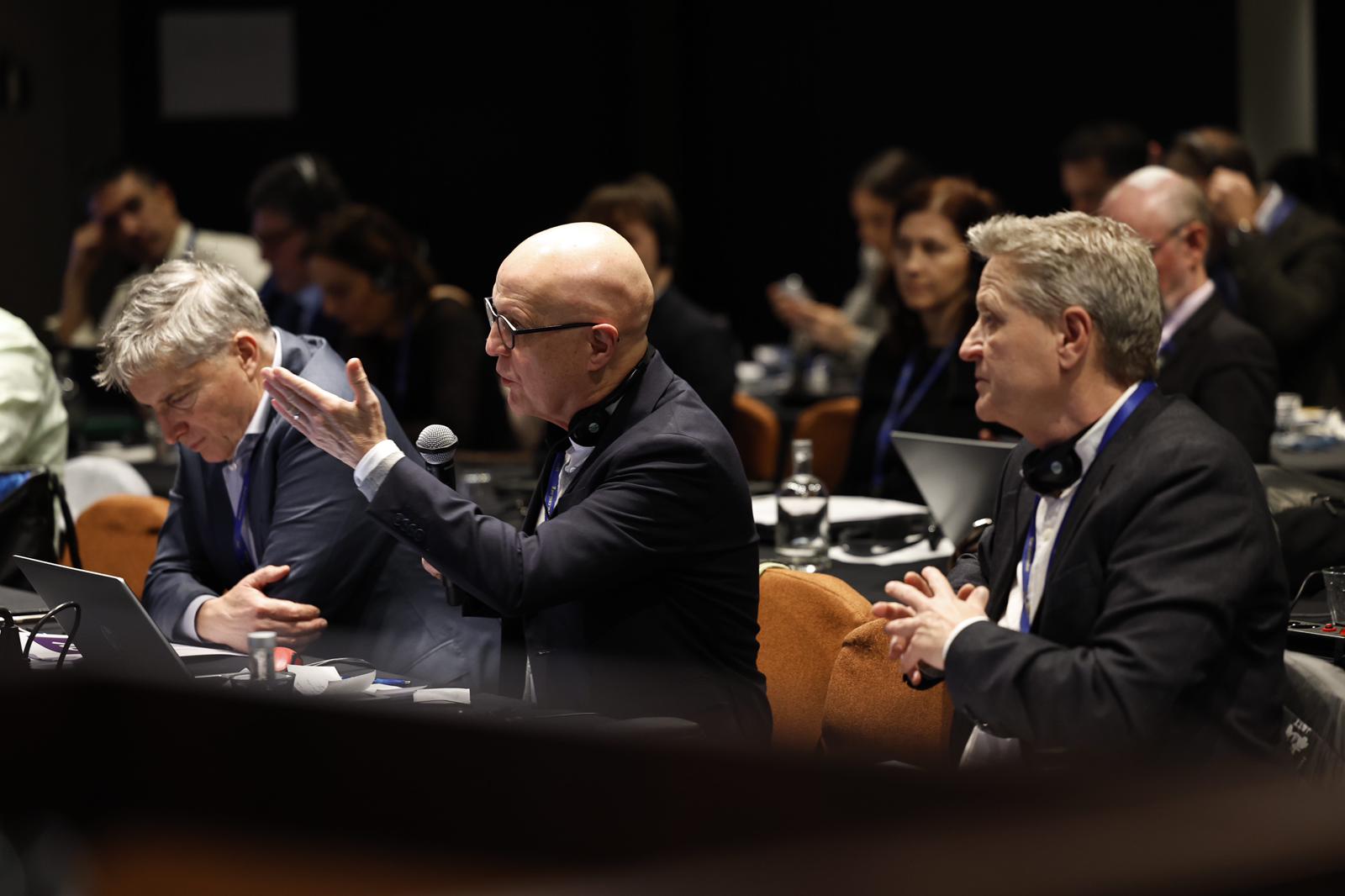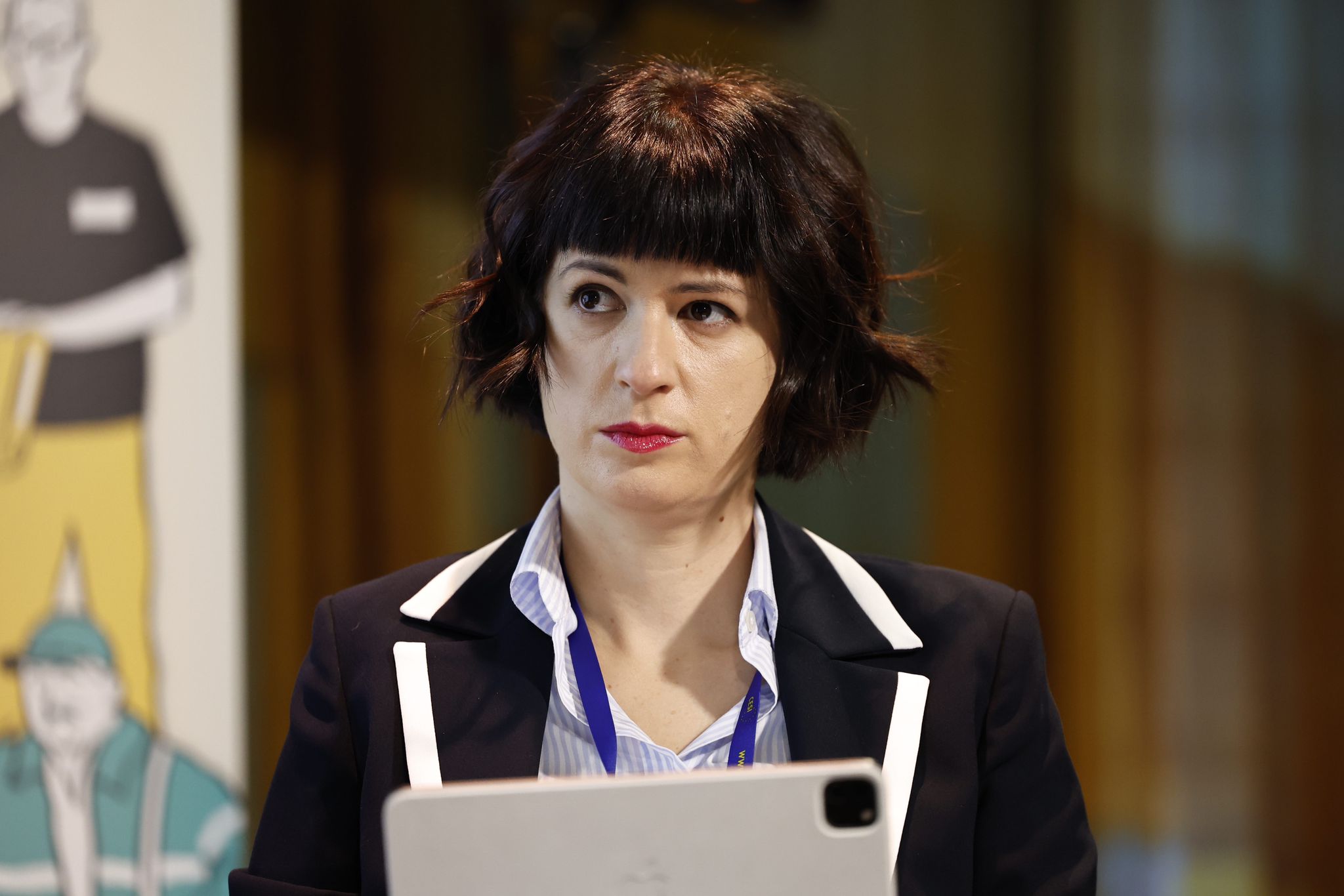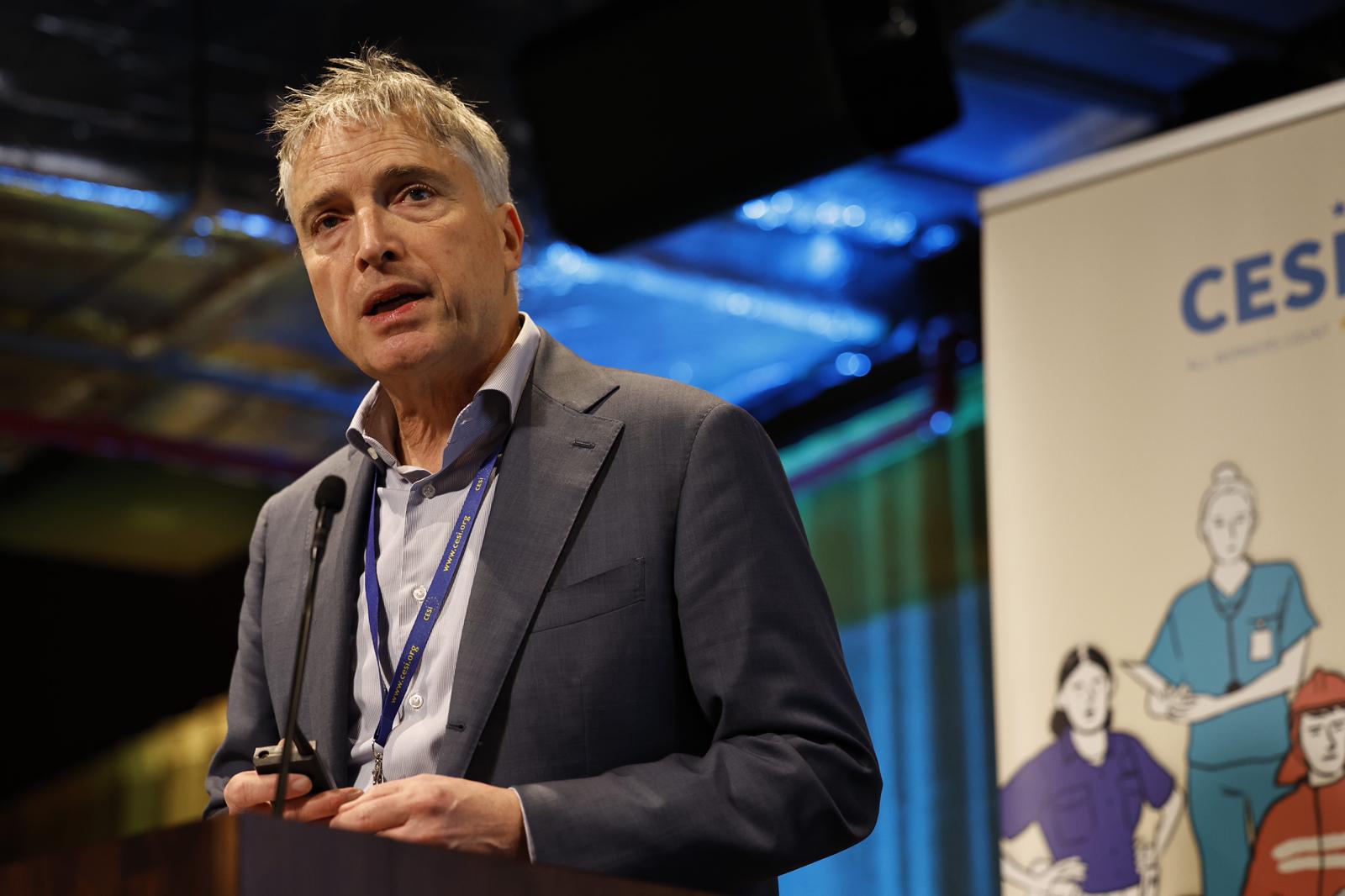SynCrisis final conference: Strengthening public services in an era of ongoing crises
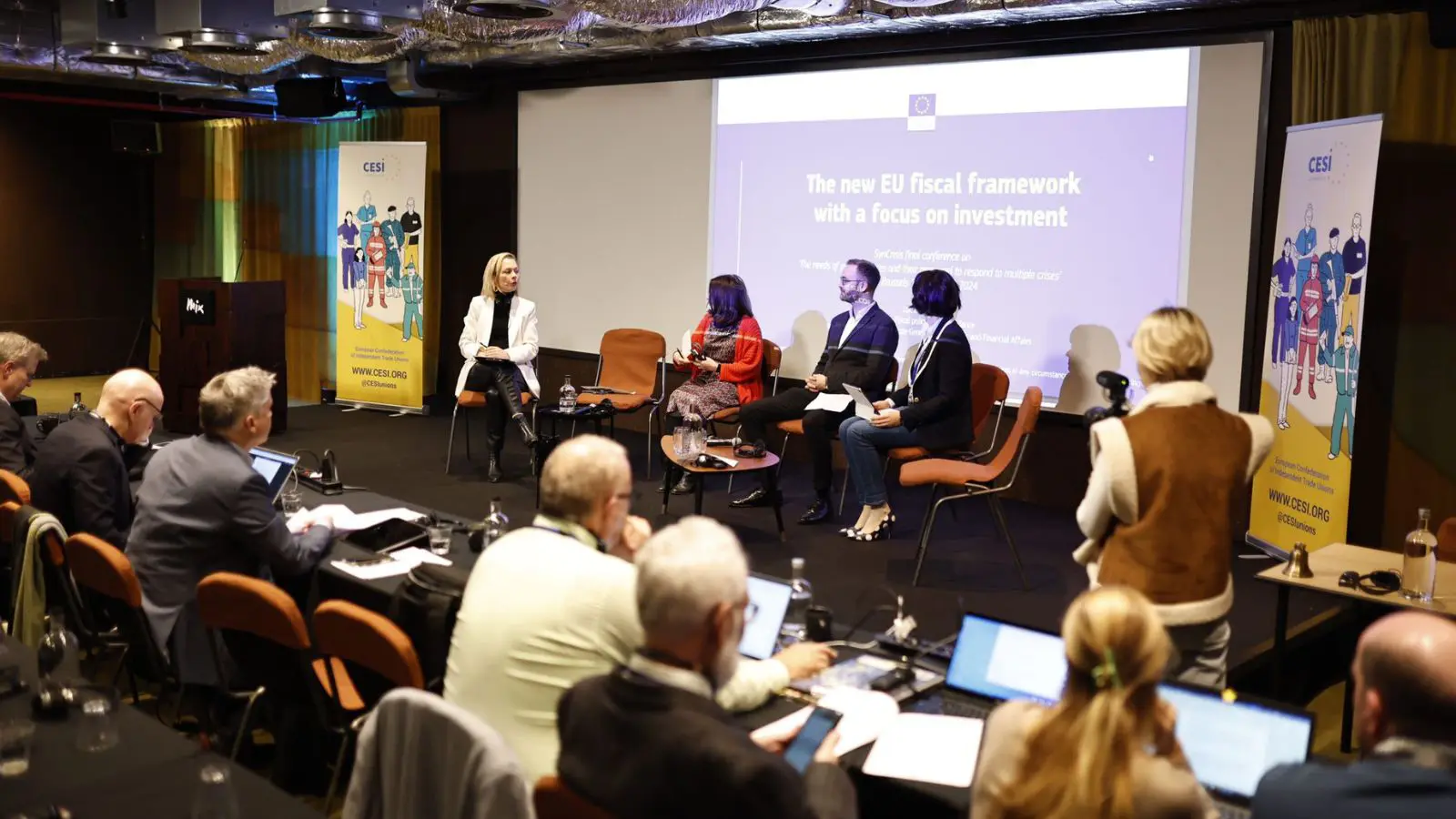



On December 13, the CESI EU co-funded SynCrisis project reached its culmination with a final conference, marking the conclusion of a two-year initiative focused on the essential role of public services in addressing Europe’s multifaceted and interconnected crises.
The CESI EU co-funded SynCrisis project reached its culmination with a final conference, marking the conclusion of a two-year initiative focused on the essential role of public services in addressing Europe’s multifaceted and interconnected crises.
In a world shaped by “permacrisis,” public services are at the forefront of crisis management but face critical challenges, including understaffing, lack of resources, and overburdened personnel. The SynCrisis project has worked extensively to identify the structural challenges hindering public services and their workforce. The final conference will present findings and recommendations that address workforce preparedness, resource allocation, and collaboration among EU institutions and Member States.
Taking place a day after the CESI 2024 Congress, this final conference presents a unique platform to build on the Congress’s theme: “Independence, Unity, and Progress – Empowering Today’s Workforce for Tomorrow.” The event brings together some of the most representative and vocal trade union leaders and experts to give them the opportunity to explain the national realities, limitations and threats for the public sector, while also showcasing insights and best practices from different sectors and perspectives.
Romain Wolff, President of CGFP and CESI, underscores the importance of proactive strategies: “We must anticipate and mitigate the fiscal shocks ahead.” Similarly, Marcello Pacifico, CESI Academy President, highlights the compounded crises, including war and climate change, and emphasizes the critical role of educators in fostering democratic, sustainable, and resilient societies. He advocates for a European statute for teachers, proposing improved social protections, pension rights, and working conditions to address the undervaluation of the teaching profession.
Panel Discussions on Resilience and Workforce Needs
The first panel, “Social Investment in EU Economic Governance,” examines how social investment strengthens public service resilience and supports fiscal reforms. Lucia Piana of the European Commission elaborates on the role of EU economic governance rules in aligning fiscal sustainability with common priorities such as green and digital transitions, social resilience, and energy security. Dr. Philipp Lausberg of the European Policy Centre discusses the importance of improved corporate taxation to fund social investments and foster economic growth.
Dr. Milena Popović Samardžić, epidemiologist and President of the Union of Doctors of Medicine of Montenegro, Vice-President of CESI, addresses the crises of healthcare workforce and brain drain in the EU. Magalí Brosio from the Zoe Institute emphasizes the role of public service delivery in ensuring well-being and fundamental rights.
Elizabeth Kuiper, Associate Director and Head of the Social Europe and Well- being programme at the European Policy Centre and the exceptional moderator of the conference, offers insightful reflections by referencing Enrico Letta’s concept of the ‘freedom to stay’—the ability to remain in one’s home country while enjoying its resources and opportunities—as a counterpoint to the challenges posed by brain drain..
Magalí Brosio, economist and project manager at the Zoe Institute, touches how important the theory of change is to address the role of public sector service delivery plays in ensuring wellbeing and fundamental rights in the EU.

Related videos
Similar Posts


CESI in line with the priorities of the Council of Europe Conference of International NGOs
This week, from October 13-16, the Council of Europe (COE) held its latest annual session of the ‘Conference of International Non-Governmental Organisations’ in Strasbourg, aimed at giving space to democratic values, civic participation and social rights across Europe.
Get in touch
with us
Confédération Européenne des Syndicats Indépendants (CESI)
Contact form
Stay up to date
Don’t miss a thing and subscribe to our newsletter
Subscribe now and receive newsletters and much more!


